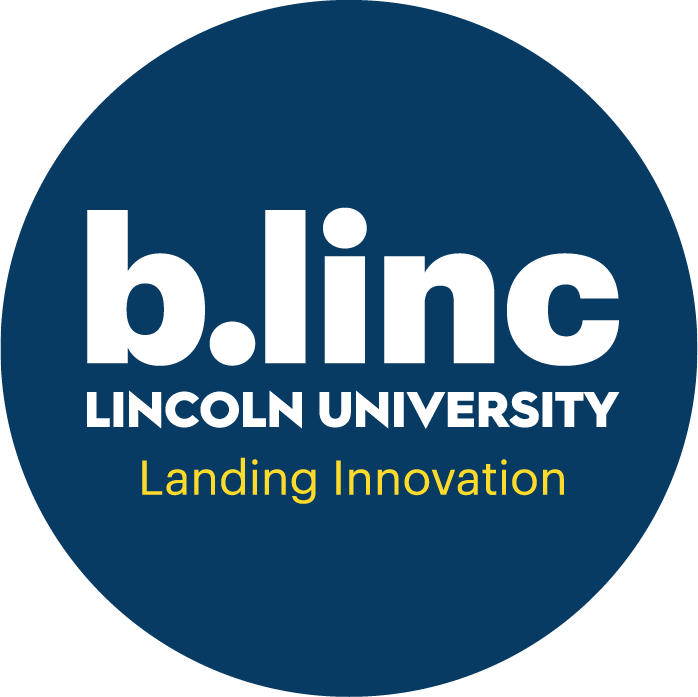Event Presentations & Resources
Sinead Leahy - NZAGRC - Click to view presentation slides
Anita Wreford - Lincoln University, AERU - Click to view presentation slides
Measuring Emissions: A Guide for Organisations
Blog Post - Tools to Measure Emissions
About
The human influence on the climate system are clear. The impacts of climate change are already being felt in communities across Aotearoa New Zealand and the world. Extreme weather conditions and weather-related events, as well as changes in average conditions, are highlighting the need for quick global action. Interconnected systems, including food production, processing and distribution, face disruption. Future-proofing our farming systems and land use is essential to not only to continue to provide food safe for consumption in a sustainable way, but also to meet the growing and changing food demands of our rising population.
Explore the history of land use of in Canterbury, what it looks like today and what the landscape may look like in the future. What is the reality of this issue? What are the adaption and mitigation strategies we need for sustainable development- - starting now and, in the future, to prepare for and manage the opportunities and challenges? What time frames do we need to consider? What farming and food production systems, new technology and management practices must be considered and adapted to combat disruption and optimise land use? What could this mean for water supply?
“Climate Change is the defining issue of our time and we are at a defining moment. From shifting weather patterns that threaten food production, to rising sea levels that increase the risk of catastrophic flooding, the impacts of climate change are global in scope and unprecedented in scale. Without drastic action today, adapting to these impacts in the future will be more difficult and costly.” Source : United Nations
Thursday 2nd May
9.00am - 11.00am
Blinc Workshop
Timings
9.00am : Breakfast and networking
9.20am : Welcome and Introduction
9.30am: Keynote address
9:40am: Panel Discussion
10.00am : Interactive Q&A session with Audience
10.30am : Speaking finishes, networking
11.00am : Event finishes
Meet the Panellists and Watch This Space for Further Announcements!
Anita Wreford
Anita is an applied economist based at the AERU at Lincoln University, specialising in responses to climate change, with a particular focus on agriculture and the natural environment. Anita has 17 years of research experience, across many areas of climate change, including identifying and evaluating the effectiveness of adaptation options across sectors; economic evaluations of adaptation (focusing particularly on applying robust methods to deal with climate uncertainty); community resilience to extreme weather events; and emissions reductions in the landuse sector. Anita has worked closely with policy makers both at a national level and local government (in the UK and New Zealand), providing advice and analysis. Anita has also conducted work for the EU Commission and the OECD, the Scottish Government’s ClimateXChange programme, and the UK’s Committee on Climate Change.
Sinead Leahy
Sinead is the International Capability and Training Coordinator of the New Zealand Agricultural Greenhouse Gas Research Centre (NZAGRC) and the New Zealand representative of the Livestock Research Group of the Global Research Alliance (GRA) for Greenhouse Gases.
Originally from Ireland, Sinead gained her PhD from the University College Cork in 2005 and moved to New Zealand in 2006 to work on ruminant nutrition and microbiology. Her research interests for the last decade have focussed on increasing our understanding of the science needed to develop practical and effective approaches to reducing methane emissions from ruminant livestock in New Zealand. More recently, Sinead’s work has centred around the development of practical guidance for the Monitoring, Reporting and Verification (MRV) of emissions and emissions reductions from ruminant livestock and engaging and working with scientists and policymakers from countries who are looking to implement advanced greenhouse gas inventories for livestock.
The world is changing, and the agricultural sector will need to adapt if we are to find ways to grow more food to feed a rising population without damaging the earth’s environment. Through my work and research, I hope to make a significant contribution to the knowledge and tools required by researchers, policy makers and farmers to mitigate greenhouse gas emissions from the agricultural sector.
Rhys Narbey
Rhys joined Ngāi Tahu Farming on a fulltime basis in 2013 to lead land development and asset management. Before Ngāi Tahu Farming Rhys was working with an Auckland development company during the Christchurch rebuild and has also spent nine years overseas, playing rugby and working in the yachting industry.
In 2018 Rhys assumed his current role to lead the sustainability initiatives across the various divisions within Ngāi Tahu Farming. The role involves working with a wide variety of stakeholders to ensure Ngāi Tahu Farming delivers on sustainability across all four bottom lines.
Click here to see more events




